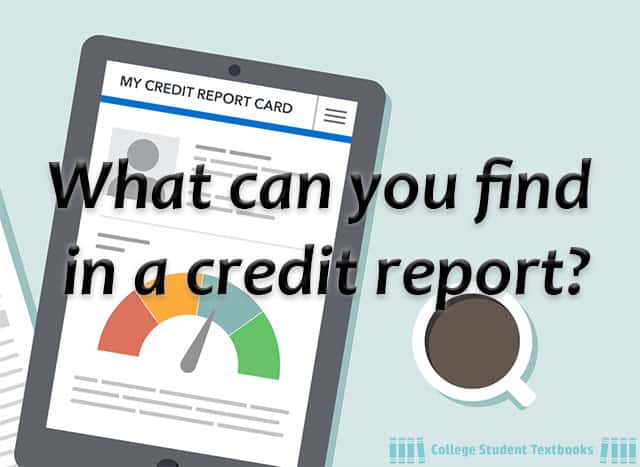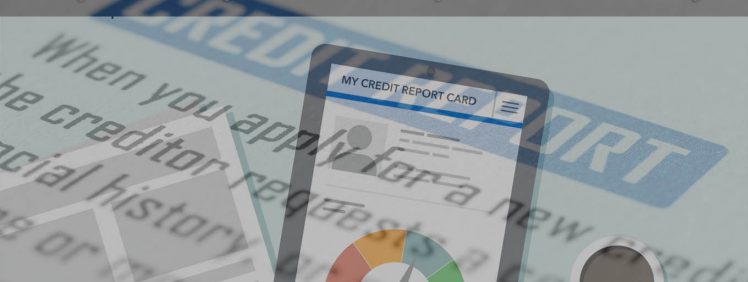Here’s the thing. If you’re like most people, whether you like it or not, you will need to borrow money. Even if you are an employee in the high-paying salary category, you still do. If you haven’t had to borrow money yet, just wait. You’ll need to do it at some point, whether it is to buy a house, to get credit cards, to buy a car, or even a mobile phone. Why do we need these things anyway? In the beginning, people survived without these worldly possessions. Maybe it’s a cliché, but the world has become modernized and with it, so have the people. Check out this site for more information.
According to Maslow’s hierarchy of needs, one of our basic needs is shelter. Unlike a car or a mobile phone, shelter is needed across the globe for basic survival. As a result, you will probably find yourself in a situation when you’ll be applying to take out a mortgage on a house.
While shelter is one of the higher big-ticket items on our list of needs, cars and phones also have their place in our society even if they aren’t included in Maslow’s list. If you are a parent of a middle or a high school student, you will most likely want to monitor your child. Teenagers are particularly difficult to track because of their rebellious nature. As a concerned parent, the easiest way to reach them is to make a call or send a text through a mobile phone. However, your budget at the moment might be a bit too tight to buy one in cash. So, you’re left with the choice of buying the phone and the plan that comes with it through a credit card.
Basically, credit is good if it is managed wisely.
So what is a credit report? Do you need to monitor it? Absolutely!
A credit report is essentially information about your loan history that includes your overall performance in dealing with your debts. It also comprises your credit score, which tells lenders, banks or financial institutions whether they should give you a loan or not. Monitoring your score is important, because there are times when inaccuracies occur, and this can dramatically affect your future loans.
What can you find in a credit report?

There are certain pieces of information you can find in a credit report. First and foremost, your identity is included. Your name, address, date of birth, social security number, and sometimes records of your employment history.
Secondly, you’ll find your existing credits. Every credit you ever made is written. Mortgages, car loans, credit card history, and student loans are all there. The total amount of your debt and the history of your payments is also presented. It also shows when you made payments and if they were on time or not. It also reflects how much you pay each month as well. Do you merely pay the minimum required or more? There is also your public record, which shows if you have any court records, tax information, and if you have filed for bankruptcy.
Finally, there is a list of people and organizations that have requested a copy of your report. These people are the lenders you recently asked for a loan from.
What is a credit score?
This is an important numerical representation of your overall rating with your loans. It is a three-digit number which has a precise equivalent in words such as low, good, or excellent. It is evaluated by credit report agencies based on specific pieces of information provided by your creditors.
Why is a credit report important?
A credit report is essential as it gives an overview of your loan history to credit companies that you may want to take a loan from. It is a necessary record of your finances. If you want to take out a loan in the future, you will certainly need access to your credit report. Financial institutions depend heavily on the information provided on your report. If you have a high rating, it is most likely that you will get approval. On the other hand, if you scored low then sadly, chances are your loan request will be refused. As a result, this might encourage you to think over your performance and do better with your score.
YOU MAY LIKE: Original Short Story: A Terrifying Night
Moreover, when you apply for a job, employers may also decide to look into your credit report to help aid in their hiring decisions. It is common practice to use the score as a gauge to assess if you are a trustworthy and responsible person and potential future employee.
The rating in your report can affect your life on a daily basis. A low score can mean the difference between landing the dream job or not.

